- +033 2572 7171
- info@dhanvantary.com

4.5 Rating | 4500 Review

4.5 Rating | 4500 Review
Haemorrhoids, also known as piles, are swollen and inflamed veins in the rectum and anus that cause discomfort and bleeding. They can be classified into internal and external haemorrhoids based on their location.
According to Ayurveda, hemorrhoids are known as "Arsha", a condition arising from an imbalance in the doshas (Vata, Pitta, Kapha).
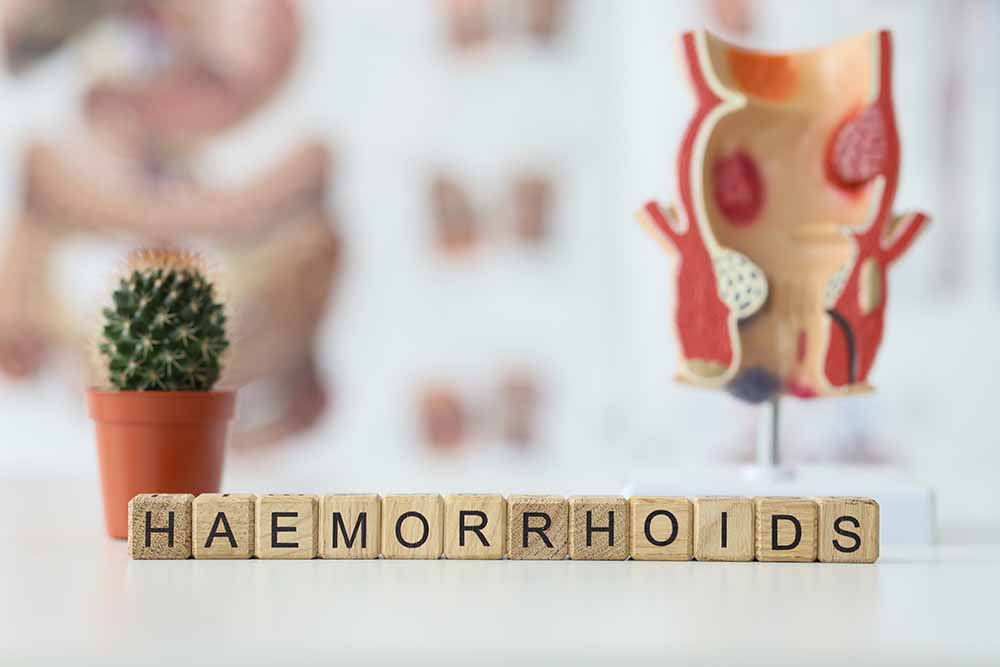
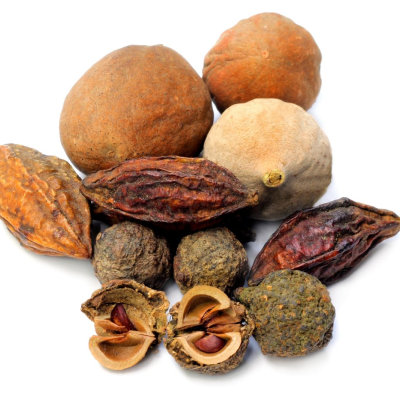
It’s a combination of three herbs – Haritaki + Amalaki + Bibhitaki. It is to be taken as a powder or capsule. It acts as a mild laxative and detoxifies the body.
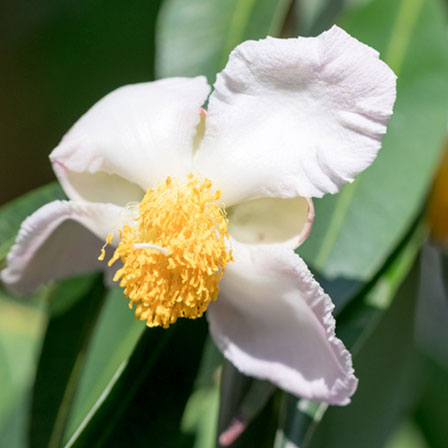
It reduces bleeding, inflammation, and pain in haemorrhoids when consumed in powdered form, often mixed with other herbs and with butter.
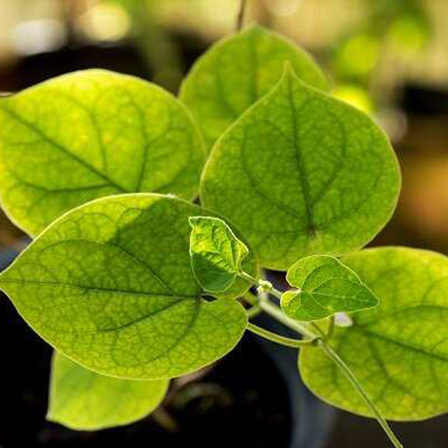
It pacifies all the 3 doshas and balances them, it is a good digestive and helps relieve pain in the anal region when given in combination of Dhamasa.
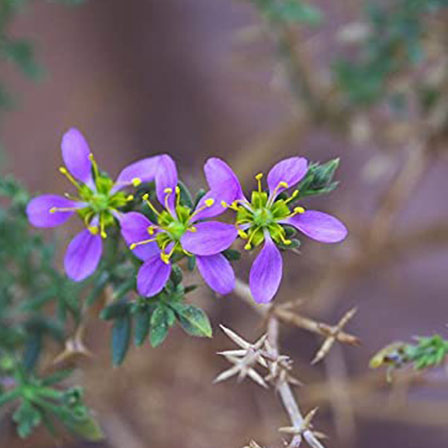
It alleviates the increased Vata and Pitta Doshas and helps relieve pain of piles when given as mentioned above.
